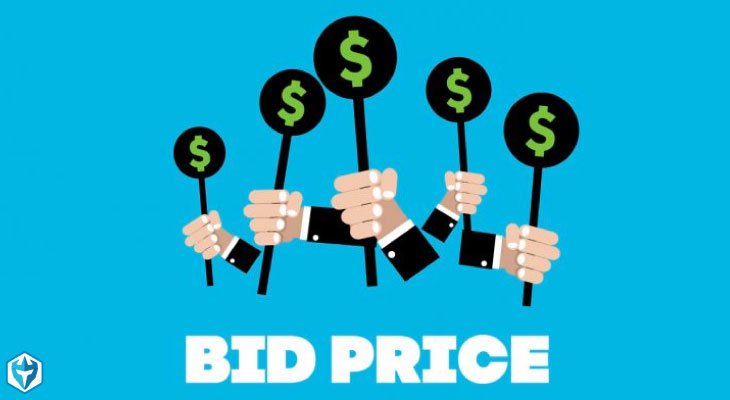Time and sales (AKA the tape) is a tool that shows every trade that has been executed along with the size and time for that trade. In the image below you will see that there are green and red prints along with white prints, time of trade and the size on the right. The […]










